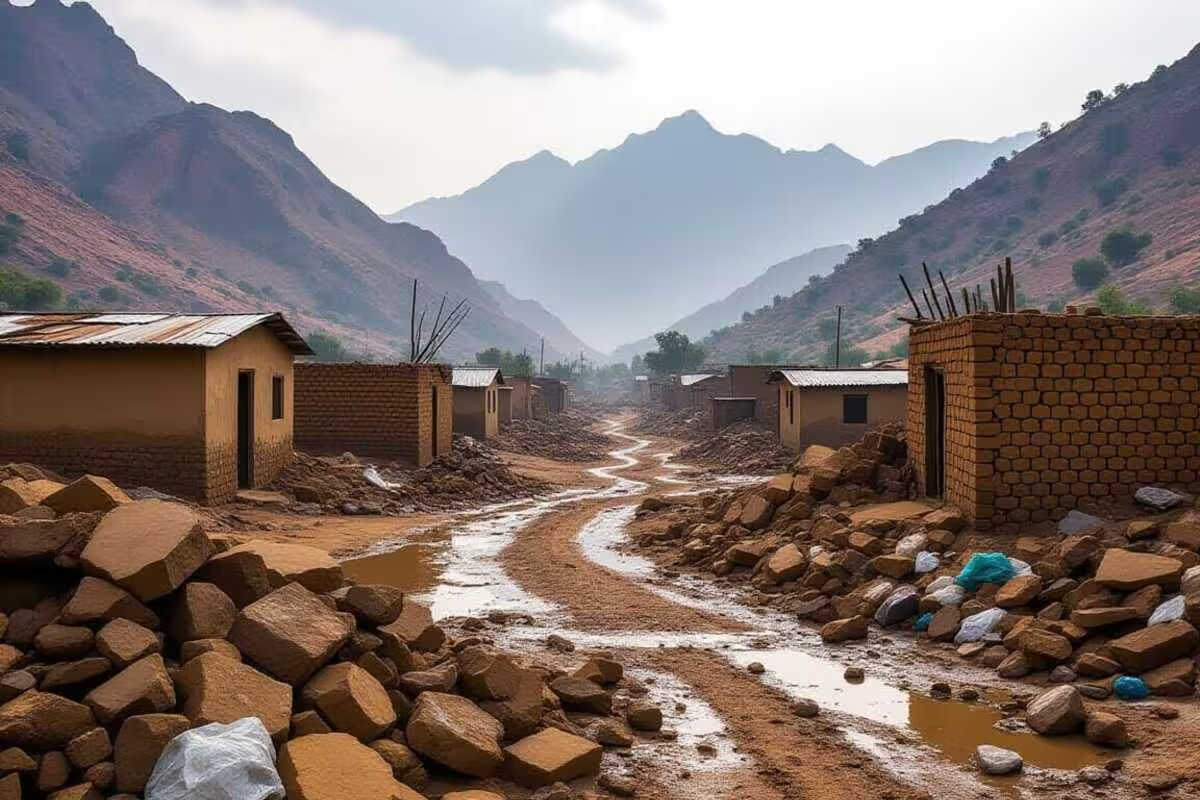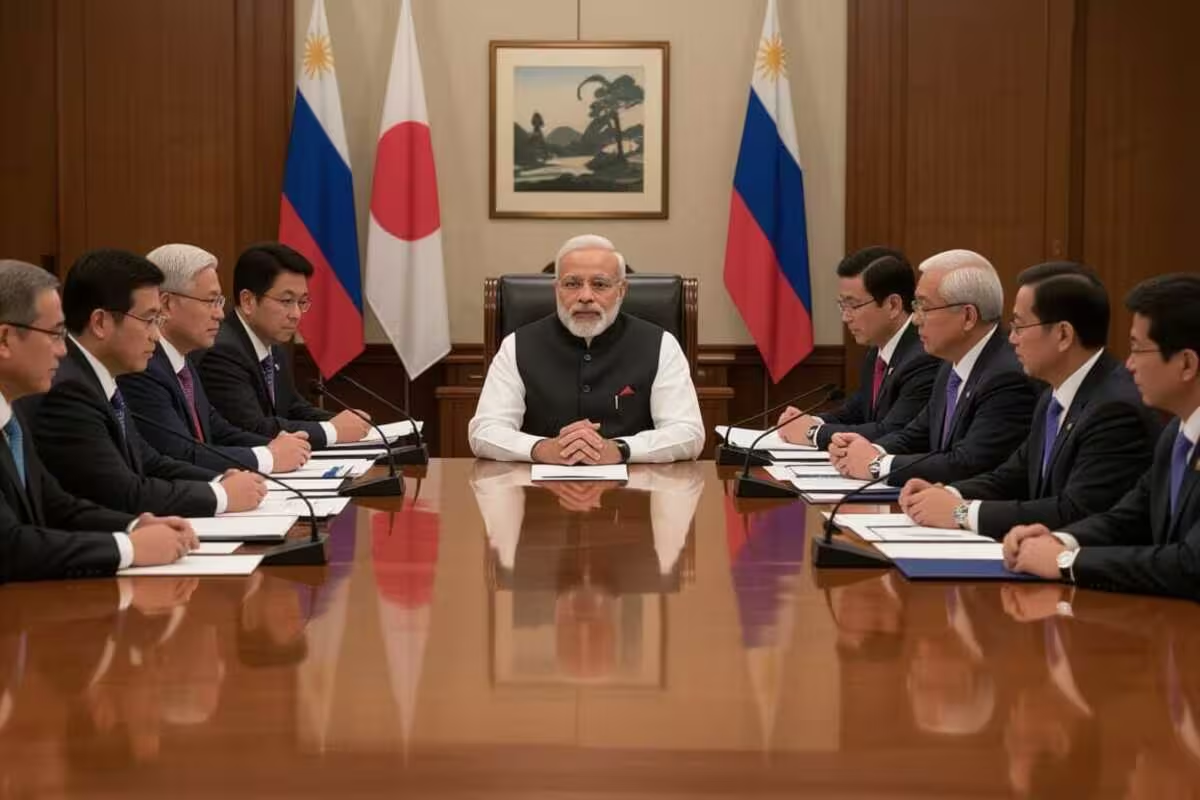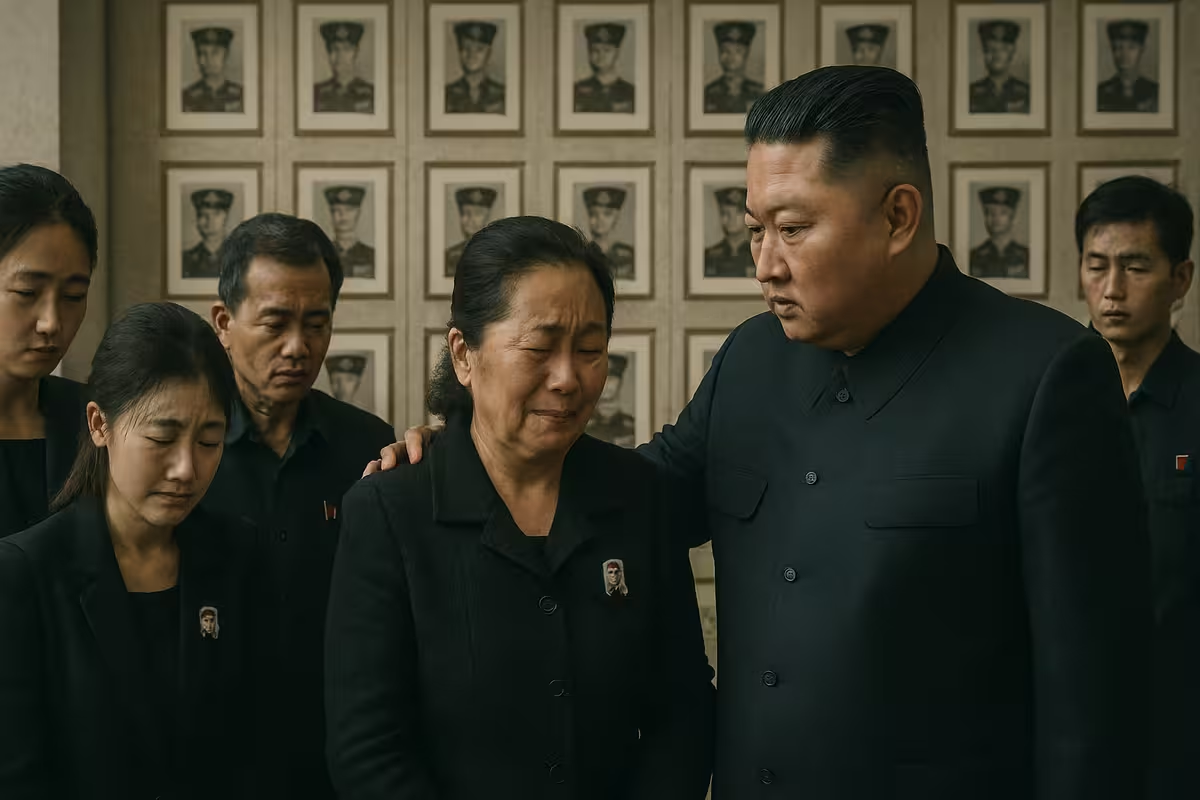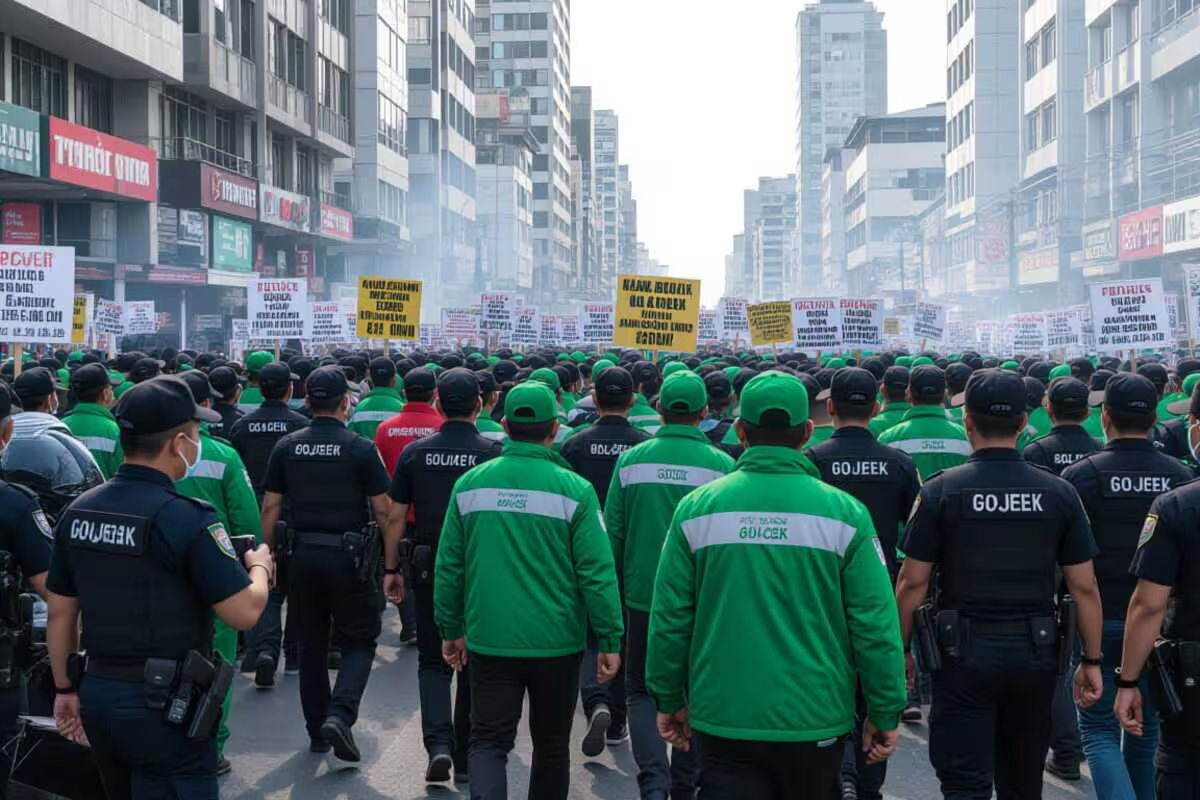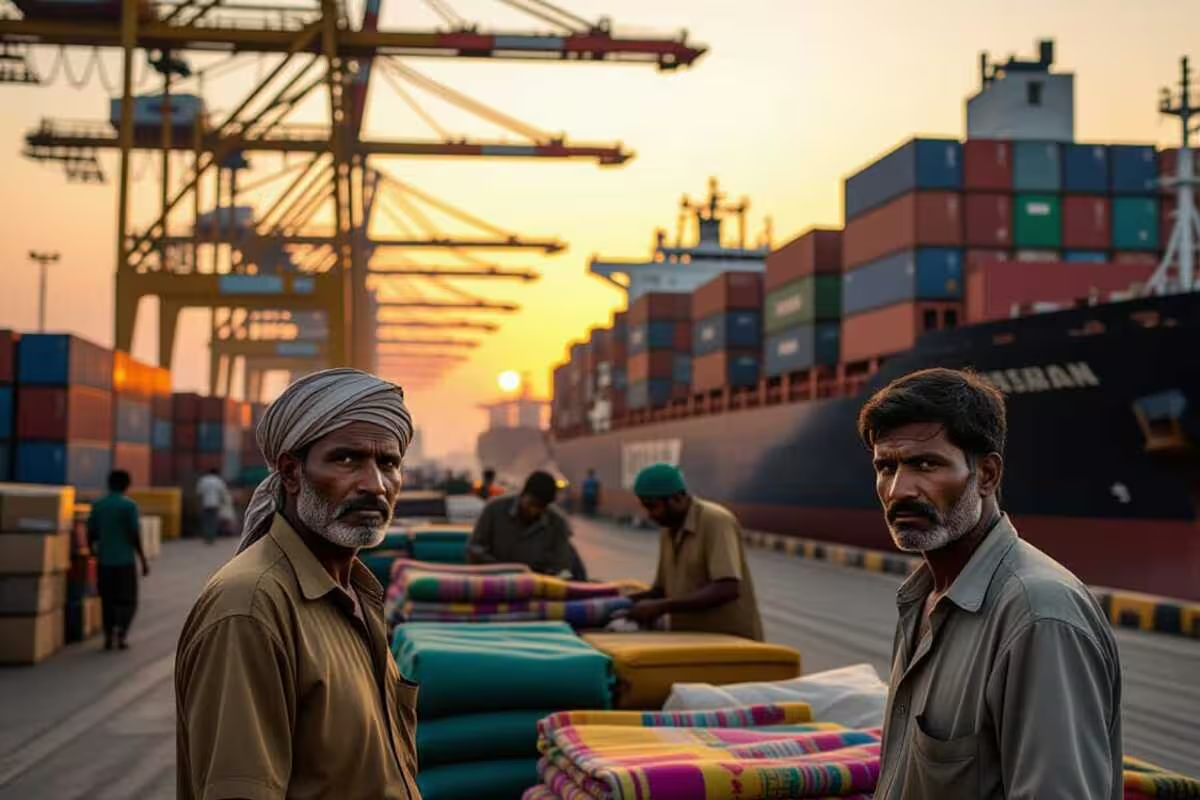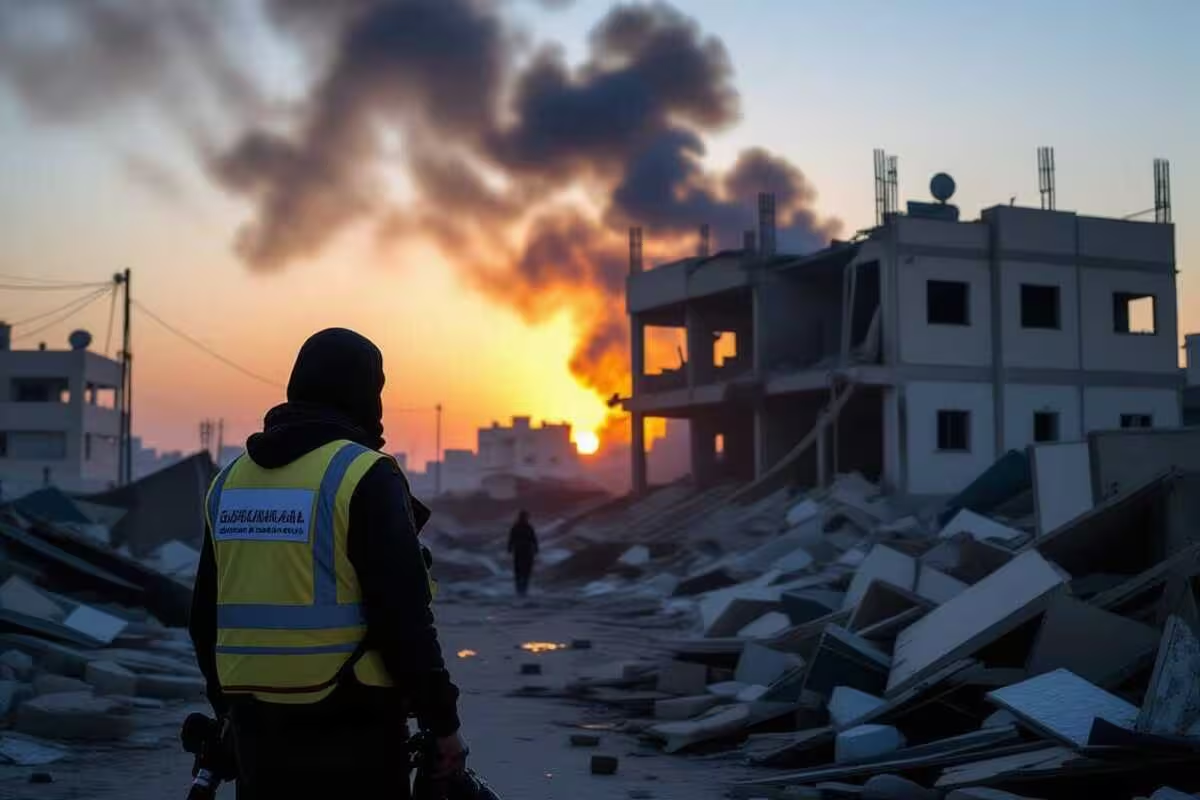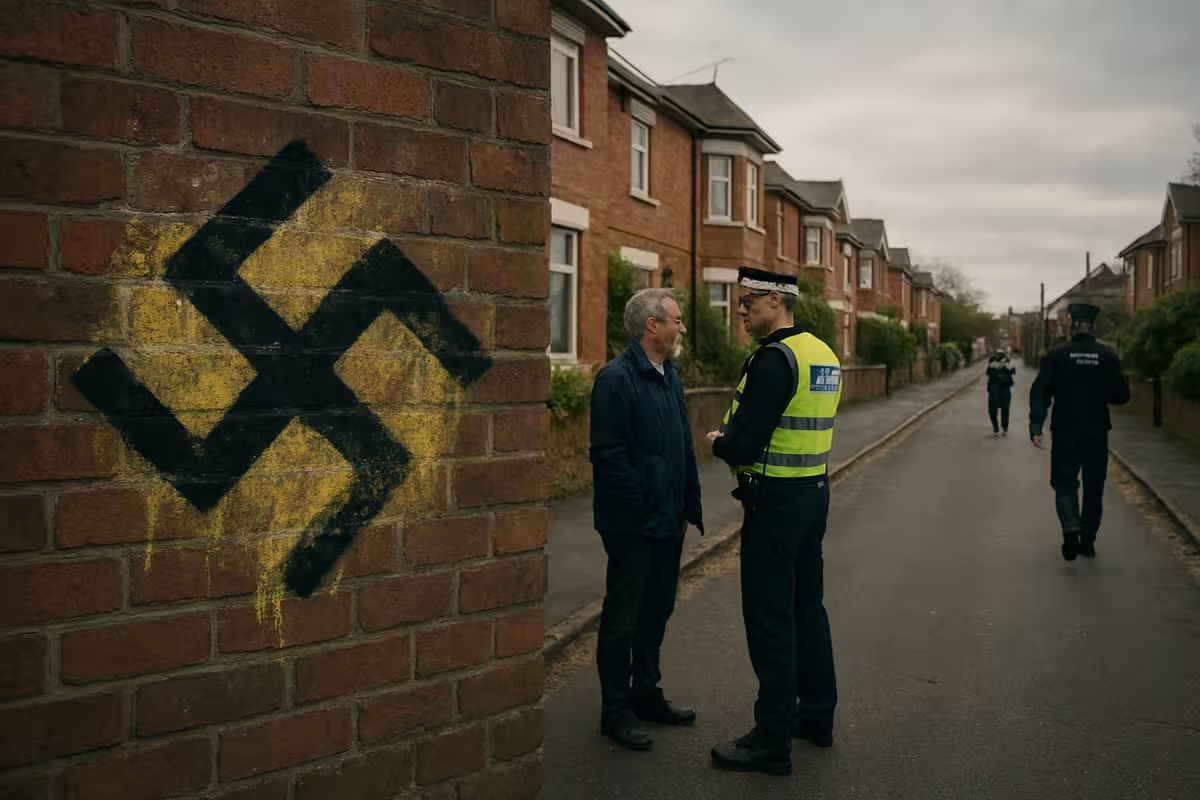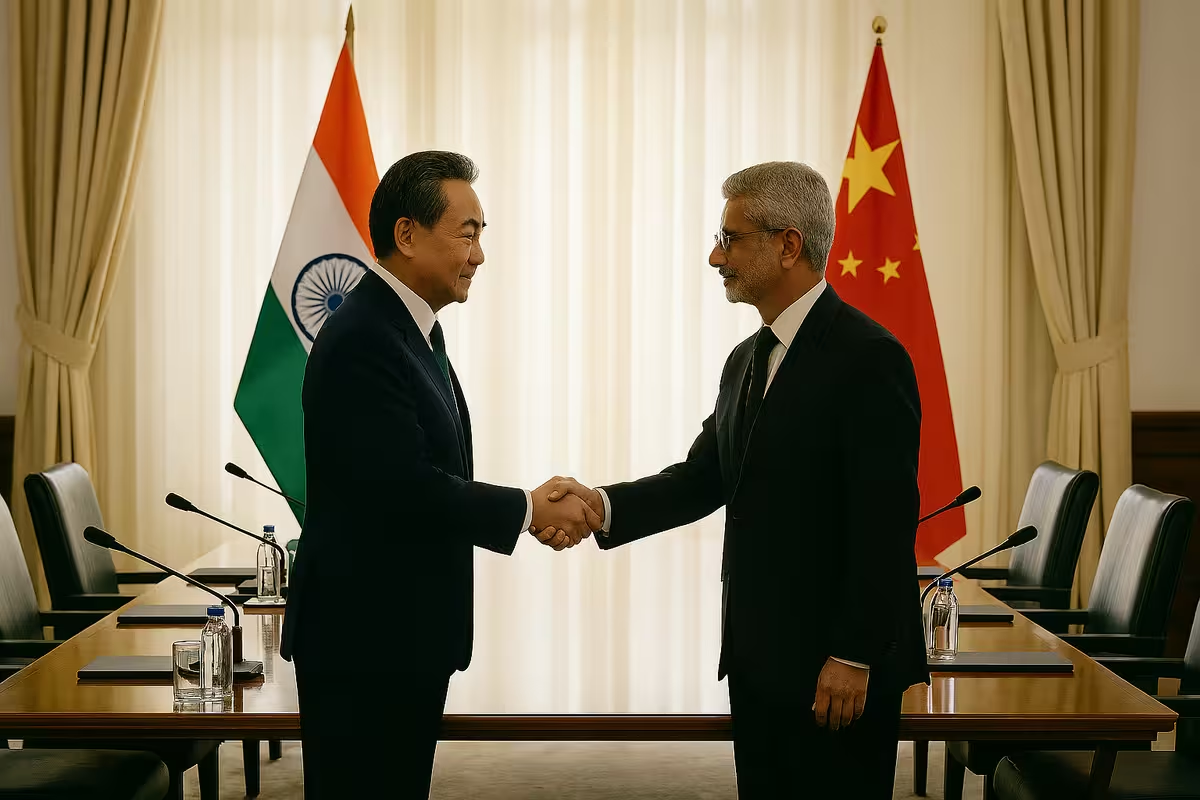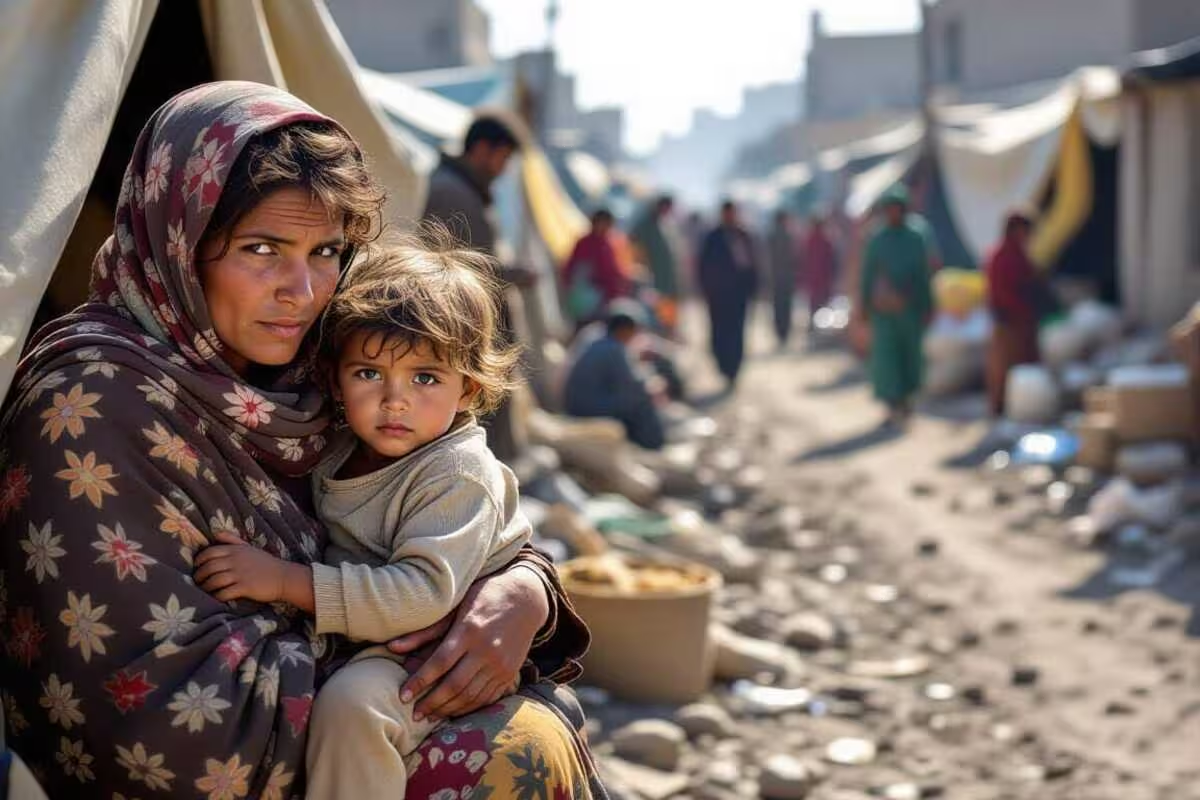Beijing and New Delhi Aim to Fix Ties: Wang Yi Says India and China Should Be Partners, Not Enemies
NEW DELHI, India – August 19, 2025:Chinese Foreign Minister Wang Yi suggested India and China should work together as partners, not against each other as enemies. This signals a new attempt to improve relations after a tough four years. He spoke during a two-day visit to New Delhi, where he met with Indian External Affairs Minister S. Jaishankar and National Security Advisor Ajit Doval. This was the first visit by a Chinese foreign minister to India since the deadly clash in the Galwan Valley in 2020. People think it’s a key move to ease tensions and restart talks between the two countries.
A Careful Improvement and Changed Strategy
Wang Yi’s visit is before Prime Minister Narendra Modi’s planned trip to China for the Shanghai Cooperation Organisation (SCO) summit in Tianjin. These visits show a change from the bad situation after the Galwan clash, where 20 Indian and 4 Chinese soldiers died. That event made relations worse than they had been in four decades. The military situation along the Line of Actual Control (LAC), where both sides have many soldiers and equipment, is still a major problem.
During his meeting with S. Jaishankar, Wang Yi reportedly asked that both countries see each other as partners and opportunities, not rivals or threats. He noted that it’s been 75 years since they started diplomatic relations, so it’s a good time to think about what they’ve learned and plan a more cooperative path. New Delhi is being careful, saying that peace on the border is needed before things can go back to normal.
A Complicated Past
China and India’s relationship is mixed, with old cultural ties and modern competition. Buddhism spread from India to China, setting up a long history of cultural exchange. In modern times, they started as friends in the 1950s, known as Hindi-Chini bhai-bhai. But this didn’t last, as the Sino-Indian War in 1962 hurt trust and created a disputed border that has caused problems ever since.
Even with agreements to keep the peace, fights have broken out, like the one in Galwan Valley in June 2020. That event ruined the idea that they could avoid fighting while disagreeing about the border. This stopped high-level talks, froze military discussions, and reduced contact between people. Since 2020, reducing military tension has been slow, with many talks at the commander level.
Real Actions and Ongoing Issues
The recent progress is based on some small but important steps. Both sides have agreed to restart border trade through passes that closed after the 2020 clashes. Indian pilgrimages to sacred places in Tibet have also started again. They are also talking about bringing back direct flights and tourist visas for Chinese citizens, which would help people connect after five years.
Despite this good news, big problems remain. The border issue and troop removal are still not solved. India wants things to go back to how they were before April 2020. S. Jaishankar said that the troop removal must continue and that differences should not become disputes or competition turn into conflict.
Global and Economic Factors
This push for better relations is happening with complex world issues happening. There’s more one-sided action, trade limits, and problems with free trade. China and India, as big developing countries, want a stable world and economy. Wang Yi noted this, saying both countries should act like major powers and set a good example.
Economically, China trades much more with India than India does with China. While trade is over $135 billion, India buys much more from China. The ministers talked about trade issues, like China’s limits on things like fertilizers and rare earth magnets, which Indian industries need. Solving these trade issues would help relations and build trust.
India and Kazakhstan Strengthen Defense Ties
The Future
Wang Yi’s visit and Prime Minister Modi’s trip to China are being watched closely. A meeting between Modi and President Xi Jinping at the SCO summit could be very important and set the tone for future relations. Talking at a high level is important to fix the lack of trust.
Experts think things won’t go back to how they were before 2020 soon, but the current progress is a good sign. If they can handle their differences and work together on things like the economy, climate change, and world issues, they might move forward. The challenge is making sure the good words turn into real actions, especially at the disputed border.
Both sides seem to be trying to move from being enemies to living together practically. The next few weeks will show if this is a real change or just a short break in their competition. The focus is on the upcoming talks, and they are hoping they can find common ground for a more peaceful and successful region.



